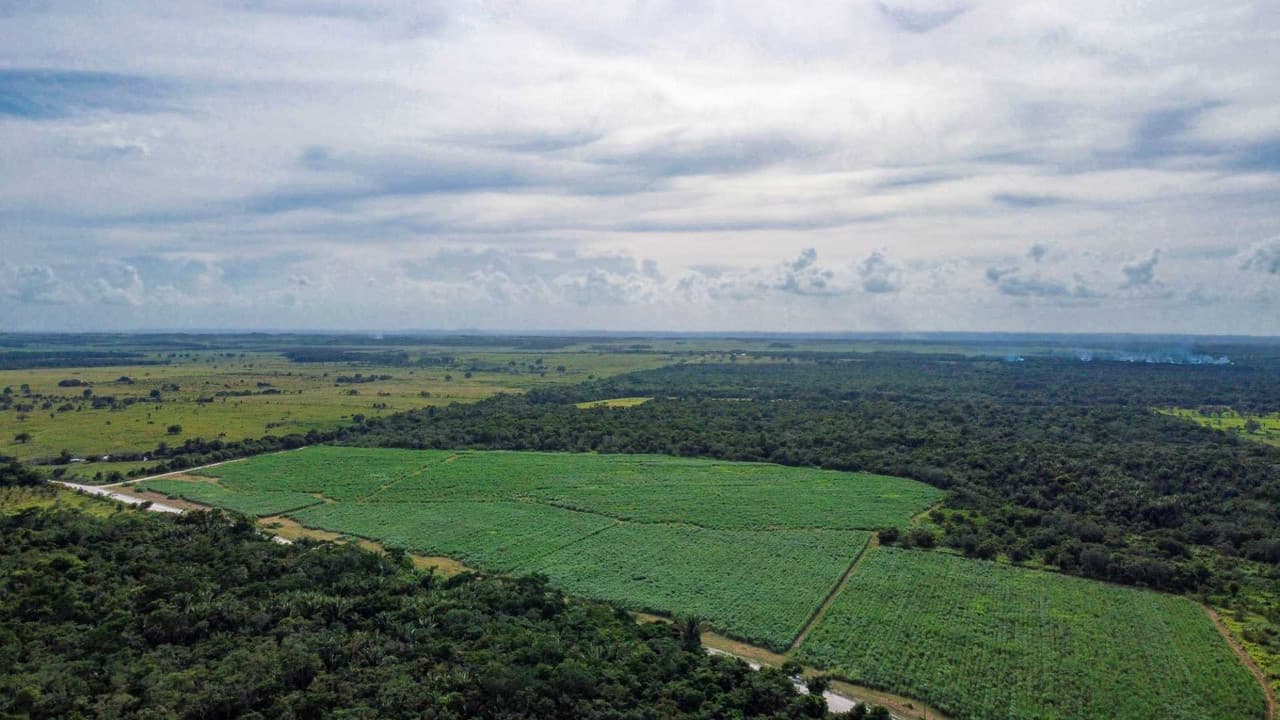Navigating the business landscape in Guinea-Bissau requires a keen understanding of its unique cultural fabric. The country's history and diverse ethnic groups have shaped a business environment where personal relationships, respect for hierarchy, and patience play significant roles. While formal business practices exist, success often hinges on building trust and demonstrating cultural sensitivity.
Understanding local customs and communication styles is paramount for foreign businesses operating or planning to operate in Guinea-Bissau. Adapting to the local pace and showing genuine interest in the culture can significantly enhance business interactions and foster stronger, more productive relationships with local partners, employees, and clients.
Communication Styles in the Workplace
Communication in Guinea-Bissau's workplace is often influenced by cultural norms that prioritize harmony and respect. While direct communication is used, indirect approaches are also common, particularly when addressing sensitive topics or superiors. Non-verbal cues, such as body language and tone of voice, carry significant weight.
Portuguese is the official language and is used in formal business settings and government. However, Crioulo is widely spoken and is the lingua franca for everyday communication and informal business interactions. Using or showing an appreciation for Crioulo can help build rapport. Preferred communication methods vary, but face-to-face interactions are highly valued for building trust. Email and phone are used for efficiency, but important discussions or negotiations are best conducted in person.
| Aspect | Description |
|---|---|
| Directness | Mix of direct and indirect, depending on context and relationship. |
| Non-Verbal Cues | Important for conveying meaning and understanding underlying messages. |
| Languages | Portuguese (formal), Crioulo (widespread). |
| Preferred Method | Face-to-face for important matters; email/phone for routine communication. |
| Tone | Generally polite and respectful, especially towards elders and superiors. |
Business Negotiation Practices and Expectations
Business negotiations in Guinea-Bissau tend to be less rushed than in some Western cultures. Patience is a virtue, and attempting to accelerate the process excessively can be counterproductive. Building a personal relationship with your counterparts is often a prerequisite to successful negotiation. Discussions may initially focus on getting to know each other before delving into business specifics.
Decision-making can be hierarchical, with senior figures holding significant authority. It is important to identify the key decision-makers and engage with them respectfully. Be prepared for multiple meetings and potential delays. Flexibility and a willingness to compromise are valuable traits. Avoid aggressive tactics; a collaborative approach focused on mutual benefit is more likely to yield positive results.
Hierarchical Structures and Their Impact on Workplace Dynamics
Hierarchy is a significant factor in Guinea-Bissau's workplace culture. Respect for seniority, age, and position is deeply ingrained. This influences how decisions are made, how communication flows, and how teams interact. Employees typically show deference to their managers and senior colleagues.
Decisions often come from the top, and challenging authority openly is generally not common practice. When introducing new ideas or processes, it is crucial to gain the support of leadership first. Understanding the chain of command and addressing individuals according to their status is essential for smooth operations and positive working relationships. Team dynamics are often influenced by these hierarchical lines, with clear roles and expectations based on position.
Holidays and Observances Affecting Business Operations
Public holidays in Guinea-Bissau can impact business operations, often resulting in closures or reduced activity. These include national days and religious observances from both Christian and Muslim traditions, reflecting the country's diverse population. It is important to be aware of these dates when planning business trips or setting deadlines for 2025.
Here are some key public holidays expected in Guinea-Bissau for 2025 (Note: Dates for some religious holidays may vary slightly based on lunar calendar observations):
| Date | Holiday Name | Notes |
|---|---|---|
| January 1 | New Year's Day | Public holiday |
| January 20 | National Heroes' Day | Public holiday |
| March/April | Good Friday | Christian observance (Date varies) |
| March/April | Easter Monday | Christian observance (Date varies) |
| May 1 | Labour Day | Public holiday |
| June/July | Eid al-Adha (Tabaski) | Muslim observance (Date varies) |
| September 24 | National Day (Independence) | Public holiday |
| December 25 | Christmas Day | Christian observance |
| Various | Eid al-Fitr (Korité) | Muslim observance (Date varies) |
| Various | Mawlid (Prophet's Birthday) | Muslim observance (Date varies) |
Businesses should confirm exact dates for religious holidays closer to the time and anticipate potential disruptions around these periods.
Cultural Norms Impacting Business Relationships
Building strong personal relationships is fundamental to long-term business success in Guinea-Bissau. Trust is earned through consistent, respectful interaction and often precedes significant business dealings. Networking and personal connections are vital for navigating the business environment.
Hospitality is an important cultural value. Accepting invitations for coffee or meals is a good way to build rapport. Gift-giving is common, particularly when visiting someone's home or office for the first time; small, thoughtful gifts are appreciated. While punctuality is formally recognized, there can be flexibility in actual timing ("Guinea-Bissau time"). However, demonstrating respect for others' time by striving for punctuality is still advisable, especially for formal meetings. Engaging in social conversation before diving into business is a common practice and helps establish a comfortable atmosphere.
Employ top talent in Guinea-Bissau through our Employer of Record service
Book a call with our EOR experts to learn more about how we can help you in Guinea-Bissau







Book a call with our EOR experts to learn more about how we can help you in Guinea-Bissau.
Trusted by more than 1000 companies around the globe



